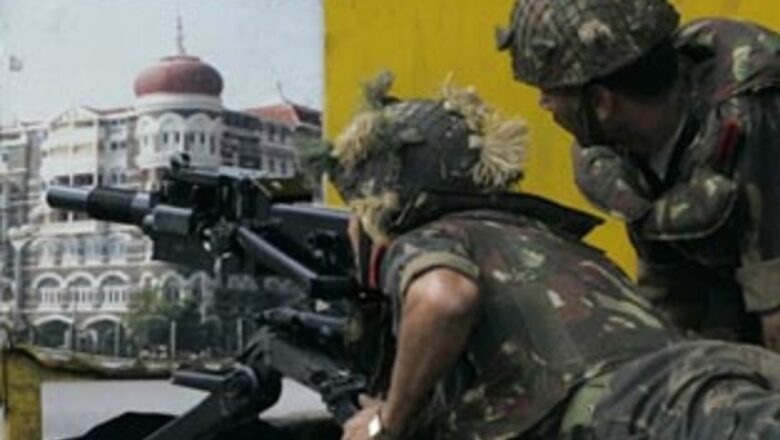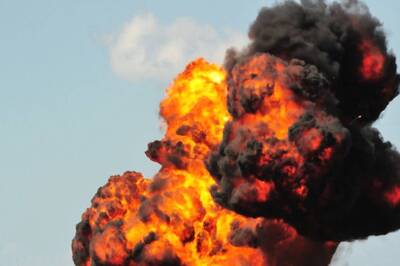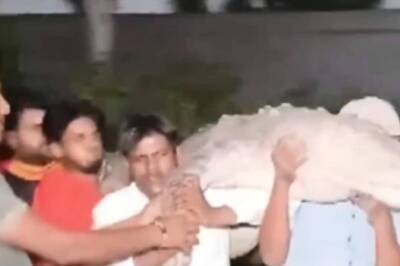
views
Washington: New York police have begun training officers in heavy weapons to help its elite security force fight off a commando-style attack like the Mumbai siege, commissioner Ray Kelly told Congress on Thursday.
Kelly and federal officials told a Senate Homeland Security Committee hearing that the huge publicity and paralysing impact of the attacks, which killed or injured nearly 500 people over three days, could inspire al Qaeda and other terrorist groups to try such tactics in the United States.
"One of the most important aspects of this attack was the shift in tactics from suicide bombs to a commando-style military assault with small teams of highly trained, heavily armed operatives launching simultaneous attacks," he said.
Charles Allen, the Homeland Security Department's Under Secretary for intelligence said, "Response to a similar terrorist attack in a major US city would be difficult."
Kelly said New York and Mumbai shared attractions and vulnerabilities -- two densely populated financial and media centers that are also major ports.
The 10 Mumbai attackers came ashore from speedboats and fanned out to targets such as hotels and the railway station, executing hostages and fending off security forces.
They were armed with semi-automatic rifles and grenades and carried global positioning equipment.
New York sent representatives to Mumbai to study the attacks and the response, and conducted simulations on how its police would respond.
New York's Emergency Service Unit, an elite force similar to the Special Weapons and Tactics, or SWAT, teams in other cites, might become stretched too thin in a prolonged siege, Kelly said.
"If the attacks continued over many hours, we would need to relieve our special units with rested officers."
He said the department was now giving all its recruits basic training in heavy weapons.
Also, reserve forces will be formed of senior officers in the Organised Crime Control unit and of firearms instructors.
"Combined, these officers will be prepared to support our Emergency Service Unit in the event of a Mumbai-style attack," Kelly said.
Police also must develop targeted ways to jam attackers' communications so they would be unable to get guidance from controllers following media coverage, as they did in Mumbai, he said.
Officials told the hearing that within days of the Mumbai attacks they had warned American hotel and building owners to beware of the attackers' methods -- although there was no evidence of a specific threat to the United States.
FBI intelligence chief Donald Van Duyn said the agency was investigating "a limited number" of US individuals with suspected links to Lashkar-e-Toiba, the Pakistani terrorist group India blames for the attacks.
But he said there was no evidence the group had an organised US presence.



















Comments
0 comment